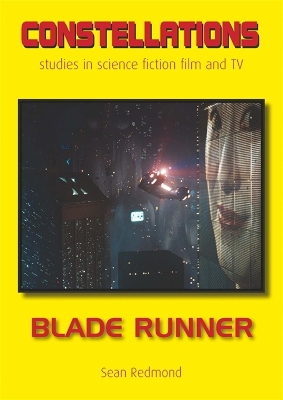Cultographies
1 total work
Ridley Scott's 1982 film Blade Runner is now widely recognized as an undisputed masterwork of science fiction cinema and one of the most influential films released in the last forty years. Yet on its original release it was both a critical and commercial failure, criticized for its perceived prioritizing of style over content and a narrative that did not deliver the anticipated high octane action that its star casting and large budget normally promise. How did a film that was removed from circulation within a month of its premiere come to mean so much to modern audiences and provide such a rich seam of material for film and media studies? Sean Redmond excavates the many significances of the film – its breakthrough use of special effects as a narrative tool; its revolutionary representation of the future city; its treatment of racial and sexual politics; and its unique status as a text whose meaning was fundamentally altered in its re-released Director's Cut form, then further revised in a Final Cut in 2007, and what this means in an institutional context.
This volume was previously published as Studying Blade Runner in 2008.
This volume was previously published as Studying Blade Runner in 2008.
